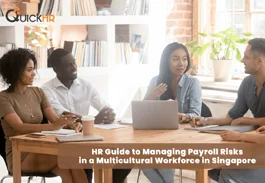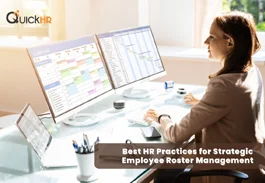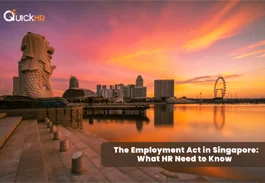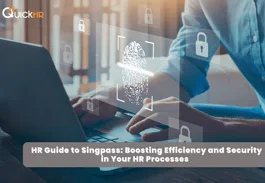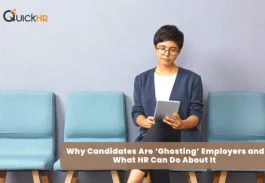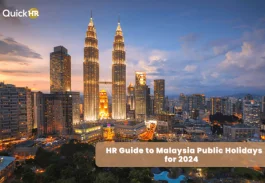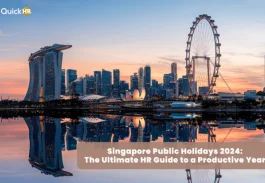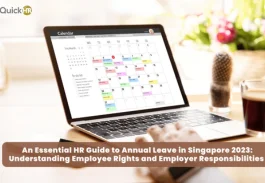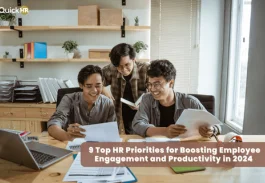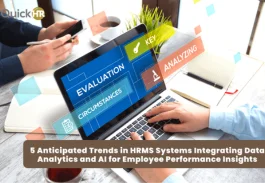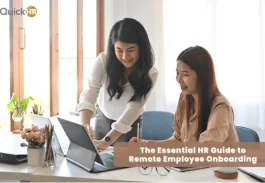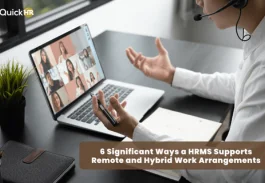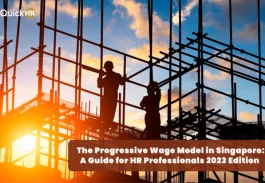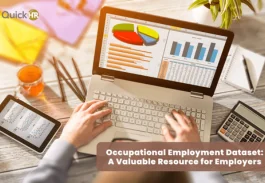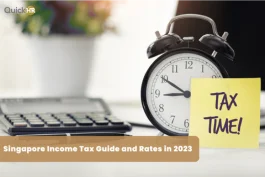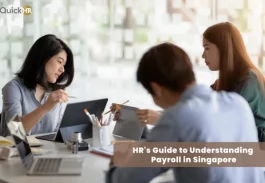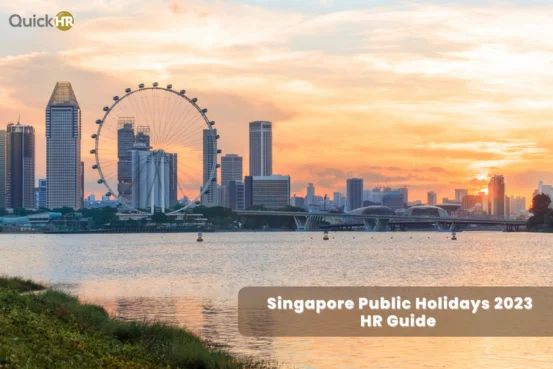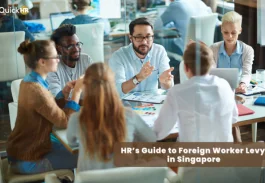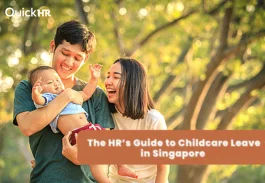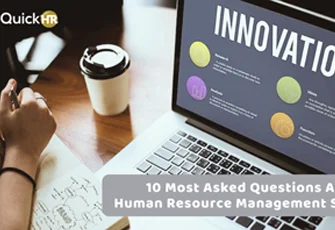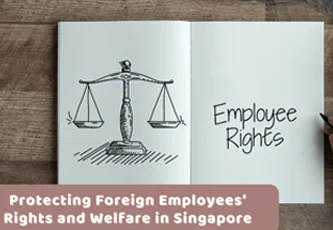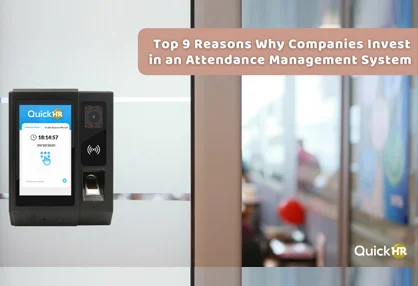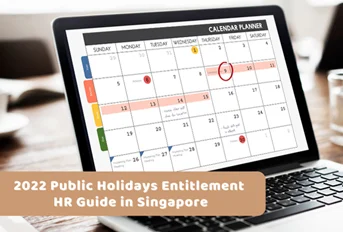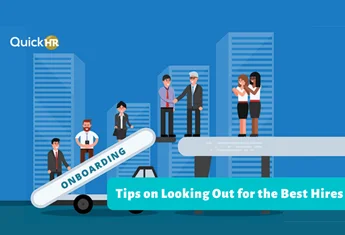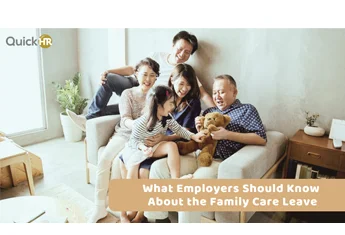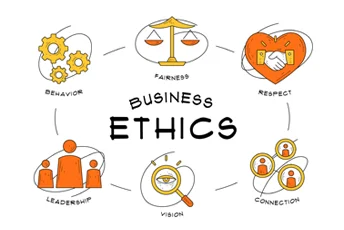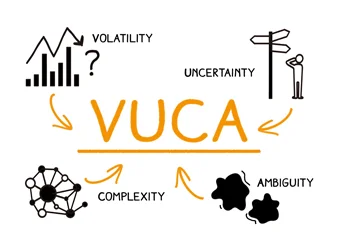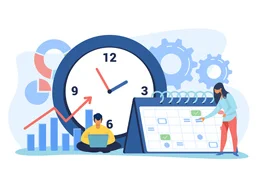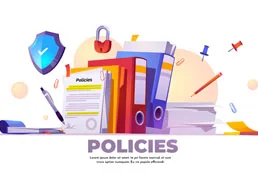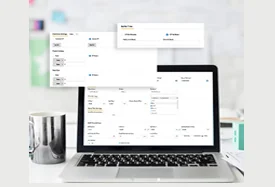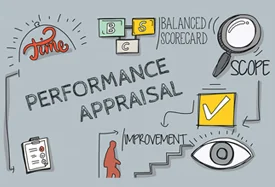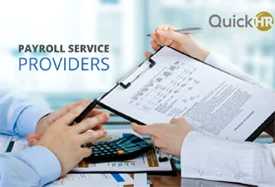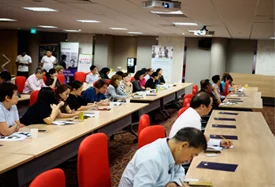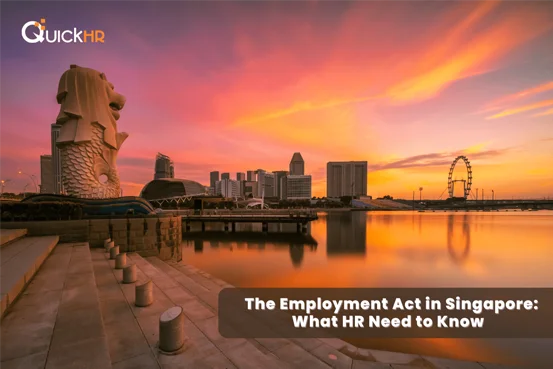
The Employment Act in Singapore: What HR Need to Know
Posted on 20 February 2024 in Business | Suki Bajaj
For HR professionals in Singapore, navigating the nuances of the Employment Act can feel like threading a legal maze. Especially with the evolving regulations and intricate policies, it’s easy to get lost in it.
Fear not, HR leaders! This blog post is your go-to guide, equipping you with the essential knowledge to confidently manage your workforce. With insights on key areas like employment passes, contract of service, and more, we’re here to help you ensure your company stays compliant and your employees feel protected.
So, buckle up and get ready to explore the landscape of Singapore's employment regulations
In this guide, we’ll talk about:
What is the Employment Act Singapore?
As Singapore's central labour law, the Employment Act establishes the fundamental legal framework for companies operating within the country, outlining the legal requirements that companies must adhere to throughout the employment lifecycle, from recruitment and onboarding to employee management and termination.
The Employment Act safeguards the rights of both employees and employers, ensuring fair treatment, transparency, and a stable work environment.
Importance of the Employment Act
Violating the labour laws can result in serious business damages such as government fines, licence revocation, and other disciplinary actions.
Therefore, it’s essential to follow the best practises and ensure the wellbeing of your company and your employees.
Who Is Covered Under Employment Act Singapore?
All local and foreign employees working in Singapore under a contract of service with an employer are protected by the Employment Act. These include full-time, part-time, temporary, and under contract workers.
For employees working less than 35 hours a week, they're considered part-time workers and they're covered by the Employment (Part-Time Employees) Regulations.
Note: As announced in Singapore Budget 2023, the Part-time Re-employment Grant will be extended until 2025 to encourage employers to offer part-time re-employment, other flexible work arrangements, and structured career planning to senior workers.
Meanwhile, seafarers, domestic workers, and statutory board employees or civil servants aren't covered by the Employment Act. Their terms and conditions of employment will be based on the specific employment contract.
Take note that term contract employees are still a significant part of an organisation’s workforce. Employers are encouraged to follow the Tripartite Advisory on Employment of Term Contract Employees.
Keep your employment policies compliant and up-to-date with the latest MOM regulations.
Start your 14-day FREE trial today!Who Is Covered under Part IV of the Employment Act?
Part IV of the Employment Act, which provides for the rest days, work hours, and other conditions of service, is only applicable to workmen (doing manual labour) who are earning a basic monthly salary of up to $4,500 as well as non-workmen who are earning a basic monthly salary up to $2,600.
Note: The above amount excludes overtime payments, bonus payments, annual wage supplements, productivity incentive payments, and any allowance.
Managers and executives who have direct authority in business management are excluded from Part IV of the Employment Act. These also include professionals who carry out the same responsibilities as managers or executives such as lawyers, accountants, dentists, and doctors.
What Needs to Be Included in An Employment Contract?
The contract of service sets out a specified list of the terms and conditions of the working arrangement between the employee and the employers. To prevent any possible disputes, it's strongly advised to prepare a written document for the contract.
As of April 1, 2016, employers are required to issue key employment terms (KETs) in writing to all employees who meet all the following requirements:
- Enter to a contract of service on or after 1 April 2016.
- Are covered by the Employment Act.
- Are employed for 14 days or more (refers to the length of the contract, not the number of days of work)
The contract must include (KETs) and essential clauses such as:
- Employer's Full Name
- Employee's Full Name
- Job title, description of the scope of duties and responsibilities
- Start date of employment
- Duration of employment (if an employee is on a fixed-term contract)
- Working arrangements including daily working hours, working days per week, and rest days
- Salary period.
- Basic salary for hourly, daily or piece-rated workers, employers must also indicate the basic rate of pay
- Fixed allowances
- Fixed deductions
- Overtime payment period (if different from item 7 salary period)
- Overtime rate of pay.
- Other salary-related details like bonuses and incentives
- Type of leave, such as annual leave, outpatient sick leave, hospitalisation leave, maternity leave, and childcare leave
- Medical benefits, such as insurance and dental benefits
- Probation period
- Notice period
- Place of work (optional) (strongly encouraged to include this detail)
For professionals, managers, and executives whose overtime pay doesn't apply, there's no need to include items 11 (OT period) and 12 (OT pay).
Common KETs like leave policy and medical benefits can also be provided in employee handbooks.
Smart Tip: QuickHR can now automatically generate and store KETs, streamlining the process for HR and employees.
Work Passes and Permits
When it comes to hiring foreign employees, there are a lot of processes involved and factors to consider. It is important to make sure that they have the appropriate work visa that authorises them to work in Singapore.
The three most common visas required are the following:
Employment Pass
For foreign professionals, managers and executives. Candidates need to earn at least $5,000 a month.
S Pass
For skilled workers. Candidates need to earn at least $3,000 a month.
Foreign Work Permit
For semi-skilled migrant workers in the construction, manufacturing, marine shipyard, process or services sector.
Streamline Your HR Compliance with QuickHR
QuickHR features a holistic and versatile suite of HR solutions, seamlessly integrated with the latest MOM, CPF, and IRAS regulations, automating and streamlining HR processes to ensure full statutory compliance.
- Fully compliant with the latest MOM, CPF & IRAS regulations
- System tailored CPF calculations, auto SDL and CDAC deductions and other social security or pension schemes
- Offers Bank GIRO and CPF submission features
- IRAS approved Payroll Software Vendor for AIS submissions
- Generate forms and submit them with a click of a button via AIS (Auto-Inclusion Scheme) API integration
- Generates reports and documentation for regulatory compliance and auditing purposes (tax IRAS, CPF statements, income reports, and other relevant payroll reports)
Explore how QuickHR can help simplify your HR compliance for onboarding, hiring, payroll, leave, claims, and more -- to not only survive but thrive as we recover from the pandemic.
Enjoying this content? Subscribe and we’ll send the latest updates and special offers directly to your inbox.
